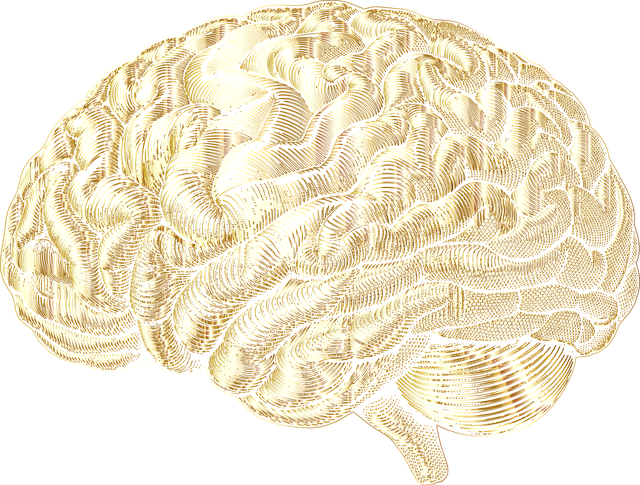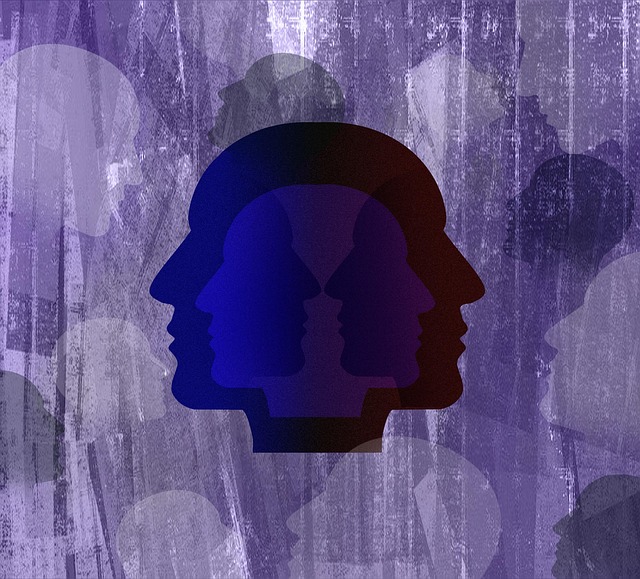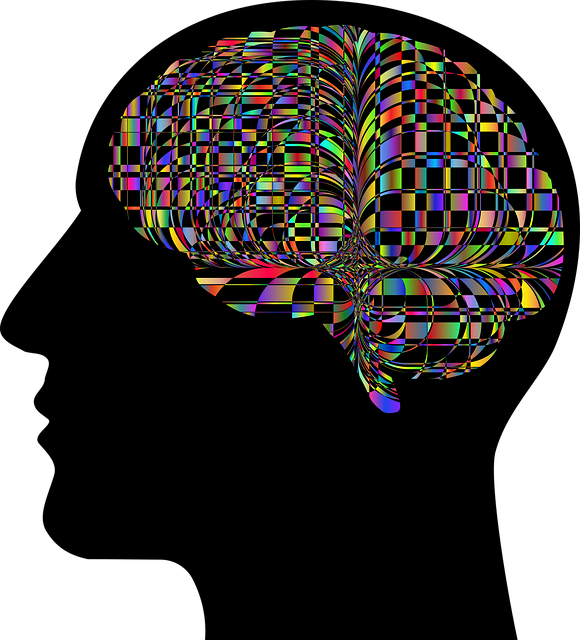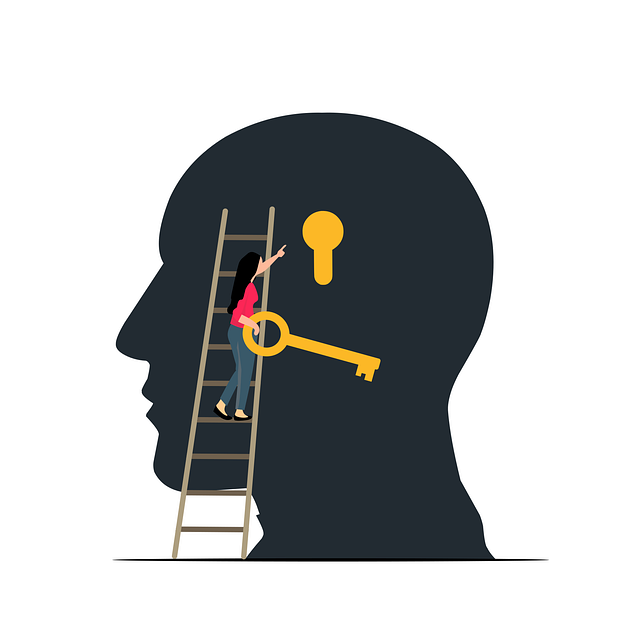Mental wellness self-assessment tools, akin to Boulder Dissociative Disorder Therapy's integration of fragmented memories, are vital for personal growth and improved mental health. These assessments help individuals understand their emotional, psychological, and behavioral states, guiding them towards seeking professional help or adopting strategies like coaching programs for enhanced resilience and well-being. Effective self-assessment tools for this therapy should be accessible, supportive, and intuitive, incorporating clear instructions, feedback, emotional intelligence exercises, and interactive features to promote consistent use. Digital platforms have revolutionized mental health monitoring by offering remote access to self-assessments, mood tracking, and stress management techniques, empowering individuals with control over their mental wellness journey.
Mental wellness self-assessment tools have emerged as powerful resources for personal growth, offering individuals a chance to gain profound insights into their mental health. This article explores the development of such tools, focusing on the Boulder Dissociative Disorder Model as a foundational framework. We delve into integrating therapy techniques for comprehensive assessments and discuss the importance of user experience in tool design. Additionally, it highlights digital platforms’ role in tracking progress, especially when it comes to understanding and managing conditions like Dissociative Disorders through effective therapy techniques.
- Understanding Mental Wellness Self-Assessment: A Foundation for Personal Growth
- Identifying Dissociative Disorders: Unveiling the Boulder Model
- Integrating Therapy Techniques: Tools for Comprehensive Assessment
- Creating Effective Self-Assessment Tools: Consideration of User Experience
- Measuring and Tracking Progress: The Role of Digital Platforms in Mental Health Monitoring
Understanding Mental Wellness Self-Assessment: A Foundation for Personal Growth

Understanding Mental wellness self-assessment tools is a pivotal step in fostering personal growth and enhancing overall mental health. These assessments serve as a mirror, reflecting an individual’s emotional, psychological, and behavioral states, thereby enabling them to recognize patterns and areas that might require improvement or professional intervention. Just like Boulder Dissociative Disorder Therapy, which focuses on helping individuals integrate fragmented memories and emotions, self-assessment tools can be tailored to address various mental health concerns.
By incorporating these assessments into a holistic Self-Care Routine Development for Better Mental Health, individuals gain valuable insights into their emotional landscapes. This knowledge empowers them to make informed decisions about seeking professional help or adopting strategies such as Mental Wellness Coaching Programs Development to cultivate resilience and promote positive well-being. It’s important to remember that mental wellness is a journey, and these self-assessment tools serve as valuable guides along the way.
Identifying Dissociative Disorders: Unveiling the Boulder Model

Dissociative disorders, often overshadowed by more prominent mental health conditions, require specialized attention and understanding. The Boulder Model emerges as a groundbreaking framework in Boulder Dissociative Disorder Therapy, offering a comprehensive approach to identifying and addressing these complex issues. This model recognizes the unique challenges faced by individuals with dissociative symptoms, which can manifest as altered perceptions, memory lapses, and emotional detachment—all of which significantly impact their overall emotional well-being.
Through innovative therapy techniques, the Boulder Model aims to help clients develop effective coping skills and enhance their ability to manage stress. By incorporating various Emotional Well-being Promotion Techniques, this model facilitates a holistic process that goes beyond traditional therapy methods. It empowers individuals to navigate their inner worlds, fostering a deeper sense of self-awareness and resilience, ultimately leading to improved mental health outcomes and a more fulfilling life.
Integrating Therapy Techniques: Tools for Comprehensive Assessment

Creating Effective Self-Assessment Tools: Consideration of User Experience

Creating effective self-assessment tools requires a deep understanding of user experience (UX). For tools aimed at mental wellness, such as those designed to help individuals with Boulder Dissociative Disorder Therapy, UX should be centered around accessibility and support. A well-designed tool should guide users through their journey of self-discovery in an intuitive and non-judgmental manner. Incorporating elements like clear instructions, regular feedback, and a progressive difficulty level can enhance user engagement and encourage consistent use.
Emotional Intelligence (EI) is a key aspect to consider when crafting these tools. By integrating EI components, such as self-awareness exercises that promote emotional regulation skills, users can develop healthier coping mechanisms. Additionally, promoting Self-Care Routine Development for Better Mental Health through interactive features can empower individuals to take an active role in their wellness journey. These strategies collectively contribute to creating robust and meaningful self-assessment tools that resonate with diverse user needs.
Measuring and Tracking Progress: The Role of Digital Platforms in Mental Health Monitoring

Digital platforms have revolutionized mental health monitoring by providing accessible tools for measuring and tracking progress in therapy. These platforms offer a range of self-assessment tools that allow individuals to monitor their symptoms, mood, and overall well-being on a daily basis. This continuous data collection enables clients and therapists alike to identify patterns and triggers, facilitating more informed treatment decisions tailored to the unique needs of each individual.
For instance, tools designed for those seeking Boulder Dissociative Disorder Therapy can incorporate features such as mood tracking, symptom journaling, and stress management techniques to support recovery. The ability to remotely access and analyze these data points empowers clients with a sense of control and self-awareness, fostering confidence in their journey towards mental wellness. Moreover, digital platforms facilitate seamless communication between therapists and clients, enabling the implementation of effective community outreach programs that address broader aspects of well-being, including stress management.
Mental wellness self-assessment tools play a pivotal role in personal growth, especially for those dealing with complex issues like dissociative disorders. By integrating therapeutic techniques and focusing on user experience, we can create effective digital platforms that accurately measure progress. The Boulder Model serves as a powerful framework for understanding these disorders, enabling more comprehensive assessments. As we continue to innovate in mental health monitoring, leveraging technology responsibly ensures we support individuals on their journey towards well-being, making a tangible difference in the lives of those affected by dissociative conditions and beyond.










